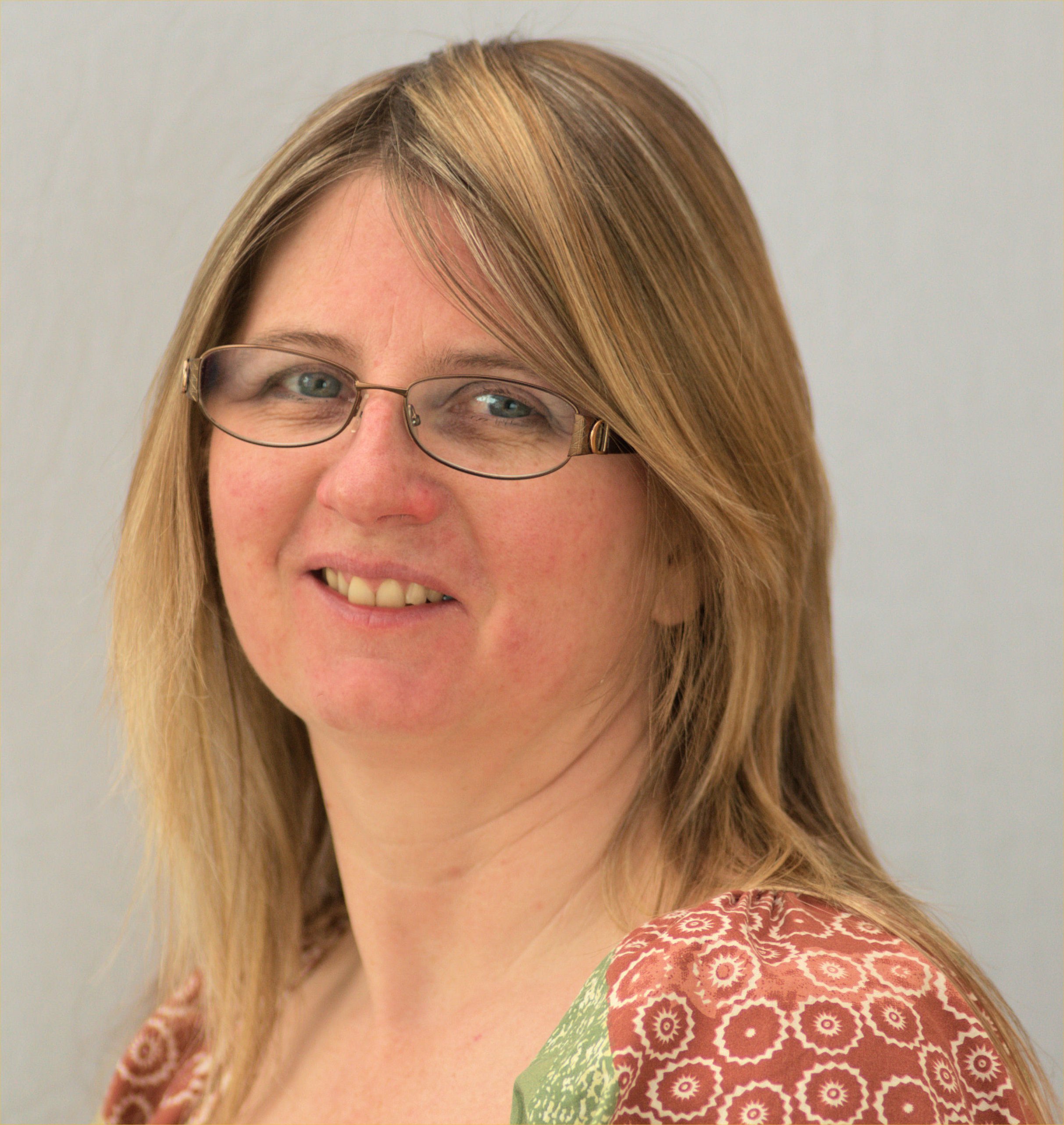BEREAVEMENT & LOSS
Grief and mourning are personal and unique experiences. Any loss can bring up memories of past losses. Sometimes losing someone may have been sudden or violent and this can be extremely difficult to grieve because anger at what happened can get in the way. If someone gets stuck in grieving then other relationships may become strained. Sometimes it is difficult to grieve with family or people we love, sometimes expressing our feelings is difficult. It is through mourning that we learn to accept the loss. After mourning we may still experience sadness but it does not overwhelm and we can allow the happier memories to come through. Bereavement is a painful experience, but some people return to their normal life rapidly, experiencing uncomplicated bereavement, while others find it difficult to do that.
Uncomplicated Bereavement
Those going through uncomplicated bereavement are likely to experience many symptoms of anxiety and depression and to undergo physiological changes, which reduce the body's ability to fight off disease.
Current loss, symptoms of anxiety may be most prominent or may mix with or be overshadowed by symptoms of depression. The griever may refuse to believe it has happened and can feel out of contact with those around him or her. Many people feel guilt because they do not initially feel any pain about the loss. They worry that they are abnormal or secretly unloving. This experience of the numbness and sense of unreality may be replaced later with a sense of profound anxiety or sadness. This stage may be marked by repeatedly seeking the person who has died, possibly even feeling they briefly hear or see the deceased.
As the loss becomes "real," grievers often experience overwhelming waves of sadness (and sometimes anger) that come suddenly with reminders of the loss. Interspersed among the low and painful periods can be brief bursts of almost ecstatic and enthusiastic feelings, which may again cause the individual to feel guilt. Wide swings in mood are, however, a normal part of bereavement. Most individuals feeling the ordinary pain of bereavement do not need counselling or medication to adjust. They may, however, benefit from participation in groups for those who have had recent losses.
Complicated Bereavement
Sometimes grieving becomes complicated. A person can get stuck in the middle somewhere and struggle to find a way to move forward. After a while the person still grieving may feel that they can no longer ‘burden’ family and friends, as they can feel that people will have expected them to have dealt with in by now!
Counselling then provides a supportive environment to explore the loss and feelings you may still be experiencing. It gives you an opportunity to discuss and make sense of what you have been through and to gently find a way to move on and begin to experience life and its pleasures again without guilt or overwhelming sadness.
